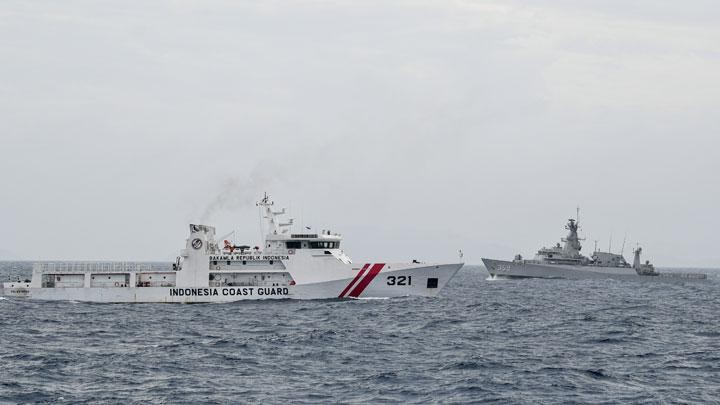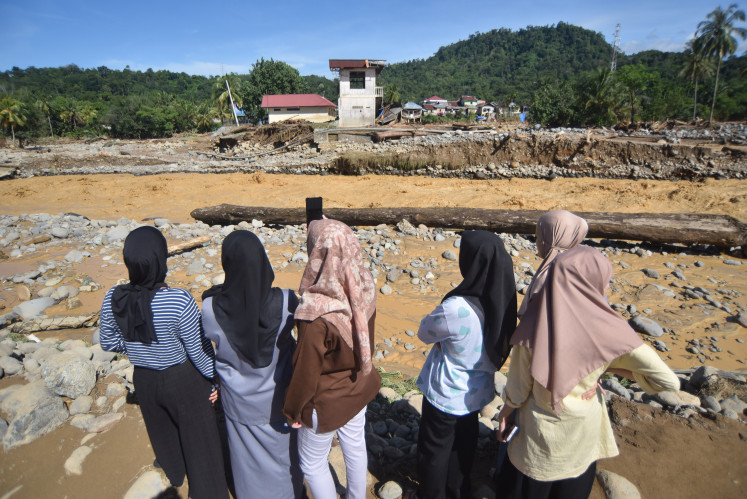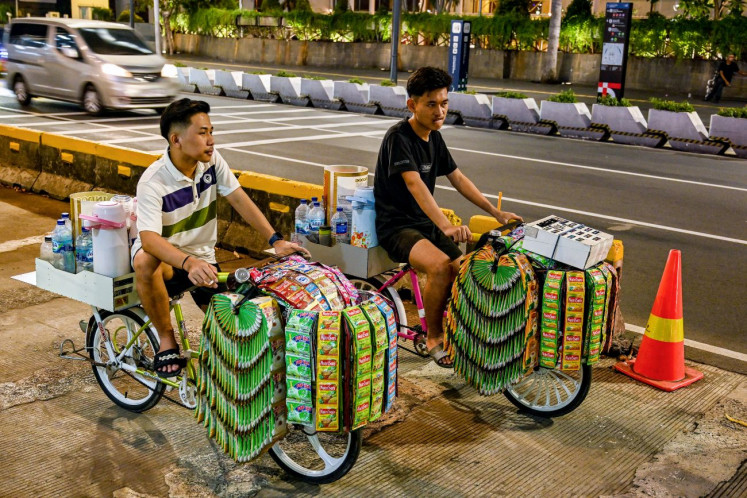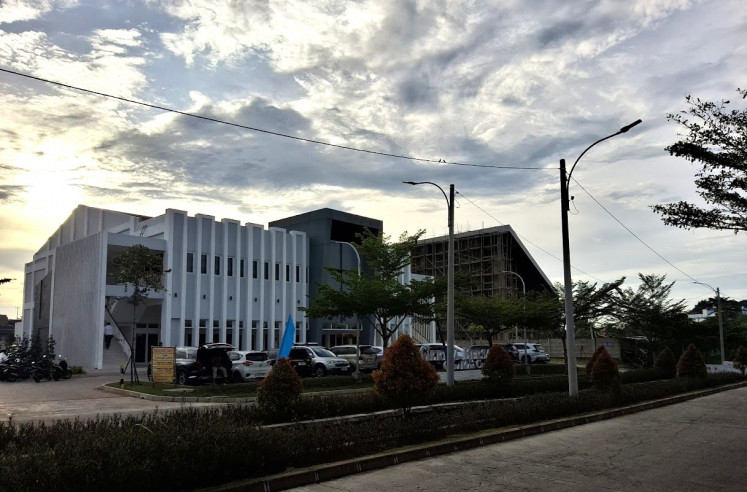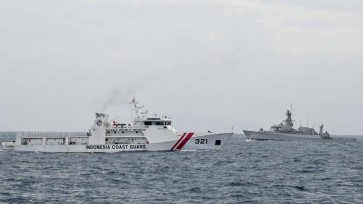Popular Reads
Top Results
Can't find what you're looking for?
View all search resultsPopular Reads
Top Results
Can't find what you're looking for?
View all search resultsPutting together Indonesia's national coast guard
As such, the norm dictates that navies are best tasked with preparing for fighting wars and deterring foreign aggression, while a national coast guard is responsible for law enforcement and safety and security in a national maritime territory.
Change text size
Gift Premium Articles
to Anyone
A
s the world’s largest archipelagic state, Indonesia is in an ironic position in that it doesn’t have a national coast guard to help enforce the law in our maritime territory. Nevertheless, this is expected to change in the near future as Coordinating Maritime Affairs and Investment Minister Luhut Pandjaitan recently told the press that the government would merge all maritime security agencies into the Maritime Security Agency (Bakamla) as the sole national coast guard. Furthermore, Mahfud MD, the coordinating political, legal and security affairs minister, has begun discussions about drafting an umbrella law, or omnibus law, on maritime security.
Mahfud claimed that, despite skirmishes mainly with Chinese vessels in what we call the North Natuna Sea, President Joko “Jokowi” Widodo has instructed his administration to reorient maritime law enforcement. Mahfud later highlighted overlapping jurisdictions the various agencies have on our waters, and ongoing problems.
At present, Indonesia maintains various maritime security agencies to police its vast waters. During a meeting between the National Shipowners Assoication (INSA) and President Jokowi in December, at least three agencies claimed to be the nation’s “coast guard”: the Transportation Ministry’s Indonesian Coast and Sea Guard (KPLP), Bakamla, and the Air and Sea Police Corps (Korpolairud).
In entertaining the idea of Bakamla as the sole national coast guard, one has to think of the transformation that Bakamla will have to go through as it absorbs the various assets, expertise and systems from the other agencies.
Although Bakamla is structured as a civilian agency under the President, it actually has a number of officers from the Navy within its ranks and is subject to a certain degree of military culture. Bakamla will host an arsenal of offshore patrol vessels with similar dimensions to a naval corvette or frigates.
Traditionally, the role of maritime law enforcement falls into the hands of the Navy, which claims historical jurisdiction as the institution (Indonesian Military or TNI, that is) that liberated the people of Indonesia from colonialism. This follows a trend in Asia, where the Navy takes control of or is in charge of maritime law enforcement within the country. Examples of this are seen in Thailand, Myanmar and India.
However, as time progresses, navies fulfilling the role of maritime law enforcement have had a controversial implication, especially in the engagement of maritime boundary disputes.

